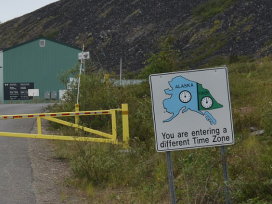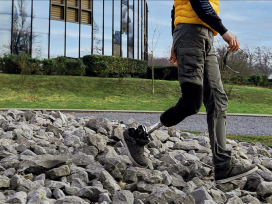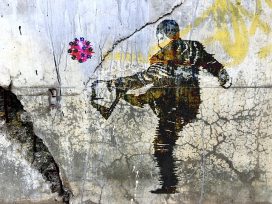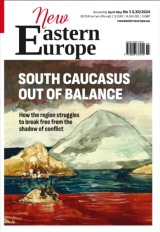Gagarin, the Eurozine podcast
Please subscribe to the podcast on Soundcloud, Spotify, Stitcher, Apple Podcasts or wherever you find your podcasts, and leave a review so that more people can find us.
Articles

Anton Shekhovtsov tells about Russian imperialist mythology and how the insane propaganda of Ukraine’s denazification came about; the new status of Belarus as a mere vassal state; desertion as a political option; and how western elites have abandoned their alliances with Vladimir Putin – with a few notable exceptions.

Let’s make cabbage great again
Podcast: Vaccines in West Africa and whiteness in the East of Europe
How is whiteness constructed and why is it so fragile? What’s at stake in discussing colonial memory for eastern Europeans? Do they actually eat a lot of cabbage?

The EU needs to prove itself the champion it has long been projected to be, argues André Wilkens in our interview about recovery funds, cultural transformation, budget lines and bank holidays. The director of the European Cultural Foundation also addresses his own pandemic experience as a migratory cultural agent.

To each their own censorship
Podcast
When does political pressure reach its breaking point? As censorship methods get subtler, eastern European journalists rely on the popular support for independent journalism to stand their ground against rampant Orbánization.
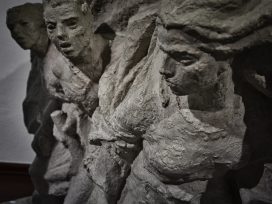
Imitation games
The legacy of 1989 on contemporary politics
The events of 1989 unleashed a world of discovery. Economic determinism was replaced by imitation of the West. Was that process authentically spontaneous or were eastern Europeans staging a script they did not write? Either way, imitation created a crisis of identity, the consequences of which are still unfolding.

Podcast: Glänta’s editorial scope
A conversation with Göran Dahlberg
Translation collaborations, philosophy parties, short videos, journals within journals – just some of the innovative means Glänta uses to reach beyond its base in Gothenburg, Sweden. Join Sarah Waring in peering around the cultural journal’s door with editor Göran Dahlberg in this episode of Gagarin, the Eurozine podcast.

